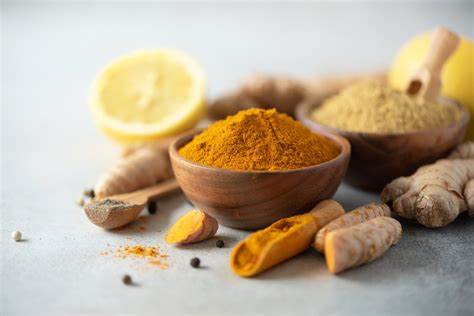Ayurveda, an ancient Indian holistic healing system, offers a wealth of knowledge and practices for achieving optimal health and wellness. Rooted in the belief that a harmonious balance between the mind, body, and spirit is crucial for well-being, Ayurveda provides a comprehensive approach to maintaining and restoring health. In this blog post, we will explore various Ayurvedic practices that can enhance your overall well-being and help you lead a more balanced and fulfilling life.
Understanding Ayurveda:
Ayurveda is based on a set of fundamental principles and philosophies. It views the body as a microcosm of the universe, and its primary goal is to restore and maintain harmony between the individual and their environment. Central to Ayurveda is the concept of doshas—Vata, Pitta, and Kapha—which are the fundamental energies that govern our physical and mental attributes. By understanding your unique dosha constitution, you can tailor your lifestyle choices and practices to promote balance and prevent imbalances that lead to illness.
Ayurvedic Diet:
The Ayurvedic diet focuses on nourishing and balancing each dosha through the careful selection of foods. Vata individuals, who tend to have a cold and dry constitution, benefit from warming and grounding foods such as cooked grains, root vegetables, and ghee. Pitta individuals, with their fiery and intense nature, benefit from cooling and calming foods such as fresh fruits, leafy greens, and coconut oil. Kapha individuals, who are naturally more grounded and stable, benefit from light and stimulating foods such as legumes, spices, and bitter greens. Additionally, Ayurveda emphasizes the importance of mindful eating, proper food combinations, and eating according to the body’s natural rhythms.
Daily Routine (Dinacharya):
Ayurveda places great importance on establishing a daily routine that aligns with nature’s cycles. This routine, known as dinacharya, promotes balance and harmony by optimizing the body’s natural rhythms. Practices such as oil pulling, tongue scraping, and dry brushing help to cleanse the body and stimulate the lymphatic system. Following an ideal morning routine that includes activities like meditation, yoga, and gentle stretching can set a positive tone for the day. Similarly, an evening routine that encourages winding down, such as reading, journaling, and avoiding screens, promotes restful sleep and rejuvenation.
Herbal Remedies and Ayurvedic Supplements:
Ayurveda harnesses the power of herbs and natural remedies to address various health conditions and imbalances. Turmeric, known for its anti-inflammatory properties, can support digestion and boost immunity. Ashwagandha, an adaptogenic herb, helps to reduce stress and promote vitality. Triphala, a combination of three fruits, aids in digestion and detoxification. It’s important to consult with an Ayurvedic practitioner before using any herbal remedies or supplements to ensure they are appropriate for your unique constitution and health needs.
Yoga and Meditation:
Yoga and meditation are integral components of Ayurveda, promoting physical strength, mental clarity, and spiritual well-being. Ayurveda recognizes that different doshas benefit from specific yoga asanas and pranayama techniques. For Vata individuals, grounding poses and calming breathwork are recommended. Pitta individuals benefit from cooling and gentle practices that help release excess heat. Kapha individuals benefit from invigorating and energizing practices that promote circulation and movement. Regular yoga and meditation practice can reduce stress, improve flexibility, and enhance overall well-being.
Ayurvedic Body Therapies:
Ayurveda offers a range of traditional body therapies that provide deep relaxation, detoxification, and rejuvenation. Abhyanga, a warm oil massage, nourishes the skin, stimulates the lymphatic system, and promotes a sense of grounding. Shirodhara, the pouring of warm oil on the forehead, calms the mind, reduces stress, and enhances mental clarity. These therapies, when administered by trained Ayurvedic therapists, can have profound effects on the body, mind, and spirit.
Ayurvedic Mindset and Lifestyle:
Beyond diet and physical practices, Ayurveda emphasizes the importance of cultivating a positive mindset and adopting a balanced lifestyle. Managing stress is key to maintaining overall health, and Ayurveda offers various self-care practices and mindfulness techniques to support this. Practicing gratitude, spending time in nature, and engaging in creative pursuits can help foster a positive mindset. Adequate sleep, regular exercise, and nurturing relationships are essential for overall well-being.
Conclusion:
Ayurveda provides a holistic approach to health and wellness, offering guidance on diet, daily routines, herbal remedies, yoga, meditation, and body therapies. By embracing Ayurvedic practices and aligning with your unique dosha constitution, you can achieve a state of balance, vitality, and well-being. Remember, Ayurveda is a vast and intricate system, and consulting with an Ayurvedic practitioner can provide personalized guidance and support on your journey to optimal health and wellness. Explore the rich wisdom of Ayurveda, integrate its practices into your life, and embark on a transformative path towards holistic well-being.




